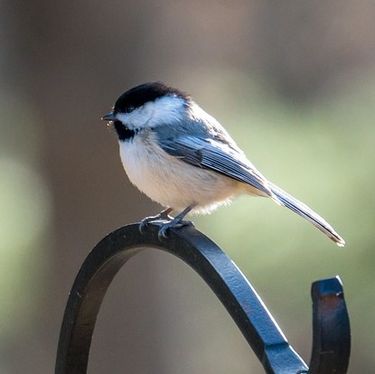Vladimir Pravosudov: Chickadee spatial cognition

Theme:
Birds
What:
Talk
When:
11:00 AM, Saturday 30 Jun 2018
(1 hour 30 minutes)
Where:
Université du Québec à Montréal
- DS-R510

Vladimir Pravosudov
Professor University of Nevada
Professor University of Nevada
Some non-migratory bird species (“scatter-hoarders”) regularly store surplus food when it is abundant and then retrieve these caches throughout the winter and spring, allowing them to stay in the same places during the winter. Individual birds can make up to 500,000 caches during the year. Their ability to relocate previously made food caches is of paramount importance for their survival. They use spatial memory to find their caches. Their superior spatial memory ability is associated with a larger hippocampus, a brain region involved in spatial learning. Harsher winter conditions are associated with more food caching, better spatial memory and a larger hippocampus. Reliance on food caches for survival likely increases selection pressure on spatial cognition needed to find these caches. Highly advanced spatial cognitive abilities of food-caching birds seem to have evolved because of reliance on food caches.
Pravosudov, V. V., & Roth II, T. C. (2013). Cognitive ecology of food hoarding: the evolution of spatial memory and the hippocampus. Annual Review of Ecology, Evolution, and Systematics, 44, 173-193.
Roth, T. C., LaDage, L. D., Freas, C. A., & Pravosudov, V. V. (2011). Variation in memory and the hippocampus across populations from different climates: a common garden approach. Proceedings of the Royal Society of London B: Biological Sciences, rspb20111020.
Croston, R., Branch, C. L., Pitera, A. M., Kozlovsky, D. Y., Bridge, E. S., Parchman, T. L., & Pravosudov, V. V. (2017). Predictably harsh environment is associated with reduced cognitive flexibility in wild food-caching mountain chickadees. Animal Behaviour, 123, 139-149.


